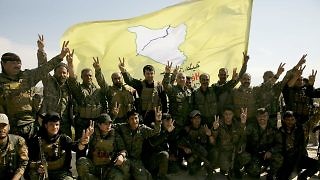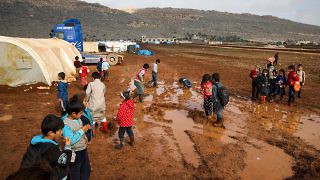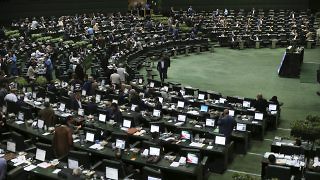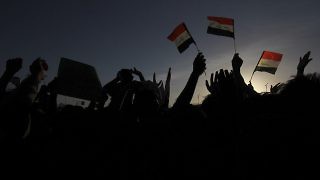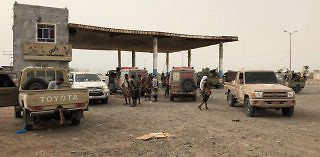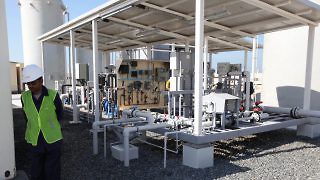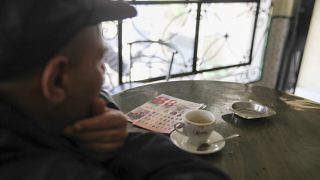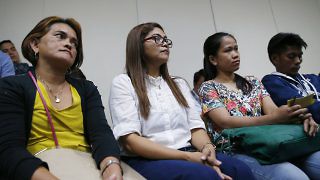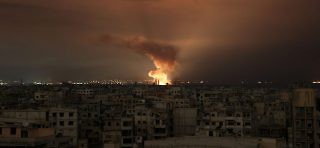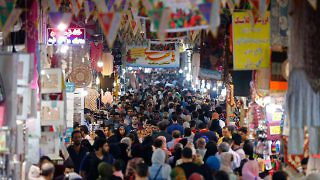While the loss of territory is undoubtedly a significant event, the future of IS and its ability to continue functioning is more complex.
Tag: middle east
-
-
In the current context of increased securitization and a focus on counter-terrorism, states are grappling with the need to respond to the return and reintegration of foreign fighters’ children.
-
Economic growth is difficult to achieve, harder to sustain, and insufficient to improve living standards, and this is the context for understanding and grappling with the idea of economic reform in Iran.
-
July’s outburst of anger points to several factors driving southern Iraqi instability that extend beyond the recent escalating protest movement.
-
The chairman and co-founder of the Sanaa Center for Strategic Studies, Farea al-Muslimi, describes the current state of the conflict in Yemen and whether there are possibilities for peace.
-
Desalination in GCC countries cannot be a long-term solution to water scarcity. Rather than primarily focusing on securing supply, GCC governments should also emphasize sustainability of consumption.
-
For Tunisian municipalities, these elections are an important step for the implementation of new institutions that can ensure people’s rights to choose the representatives who will serve them best.
-
Female domestic workers are perhaps the least protected workers in the Gulf, facing legal, institutional, and societal barriers to basic securities.
-
“Hell on earth” is how UN Secretary-General Antonio Guterres characterized the situation in eastern Ghouta this week.
-
It is hard not to be pessimistic about the protests that for a week rocked the country and riveted the world. But perspective matters.
